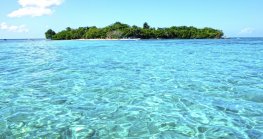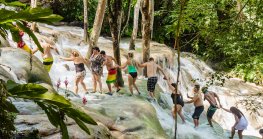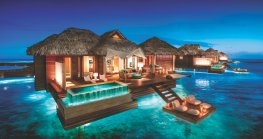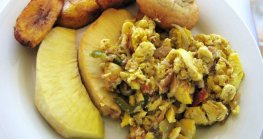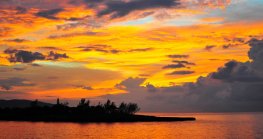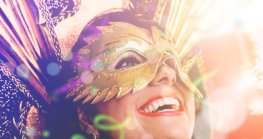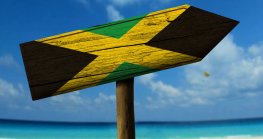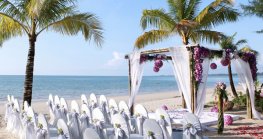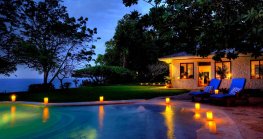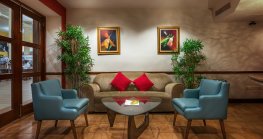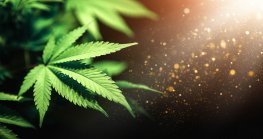Jamaica travel basics
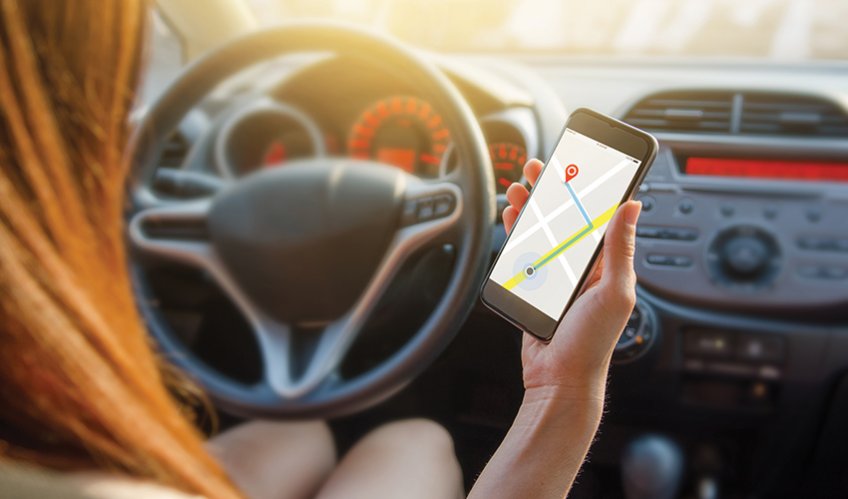
If you're a first-time traveler to Jamaica, bookmark this article because there are a few need-to-know facts you should be equipped with for a hassle-free, fun-guaranteed vacation or work trip.
Jamaica, known as the "Jewel of the Caribbean", is one of the larger islands of the Caribbean located 90 miles from Cuba and approximately 550 miles from the Florida Keys.
It's home to world-acclaimed attractions such as the 600-foot-long Dunn's River Falls, healing waters, and ambitious, warm people including sprinting sensations Usain Bolt and Shelly-Ann Fraser Pryce, and Reggae legend Bob Marley.
Are your bags packed? Here are some quick Jamaica travel basics.
Cellphone service in Jamaica
Jamaica’s country code is 876; to call Jamaica from abroad, dial 1 876 the seven-digit local number.
Cell phones (GSM or CDMA) can be used in Jamaica but be aware that calls might incur hefty roaming charges.
If your phone is unlocked, it might be easier to buy a local SIM card (around $20 including credit) from either of the island’s service providers.
Stay Connected is another option offering visitors phone and tablet rentals with call and data plans; the kiosks are conveniently located at Montego Bay airport.
Money
The local currency in Jamaica is the Jamaican Dollar, JMD.
Although prices are typically quoted in JMD, most retailers, tour operators, and vendors will accept US dollars.
To avoid confusion, make sure you know what dollar unit is being quoted before any transaction is done.
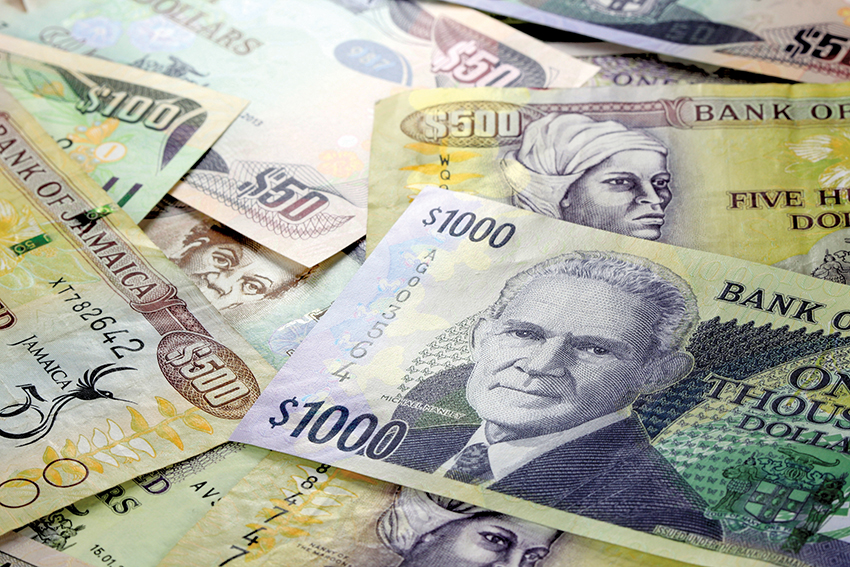
Water & street food
Jamaican tap water is drinkable although bottled water is always readily available for purchase. As such, it is safe to eat street food.
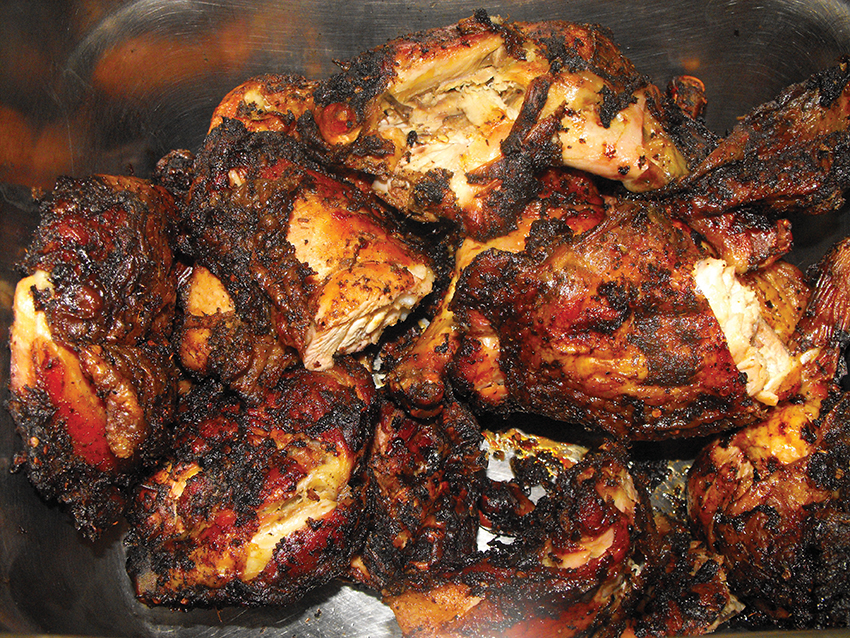
Time Zone
Jamaica runs on eastern standard time (EST) and does not observe daylight savings time.
Language
Jamaican Patois, otherwise known by linguists as Jamaican Creole, is an English-based, creole language with West African influences.
Although it is the most widely spoken language in Jamaica, children are taught and most formal business is conducted in standard (British) English.
For a list of funny and useful phrases, visit the Jamaica Experiences website.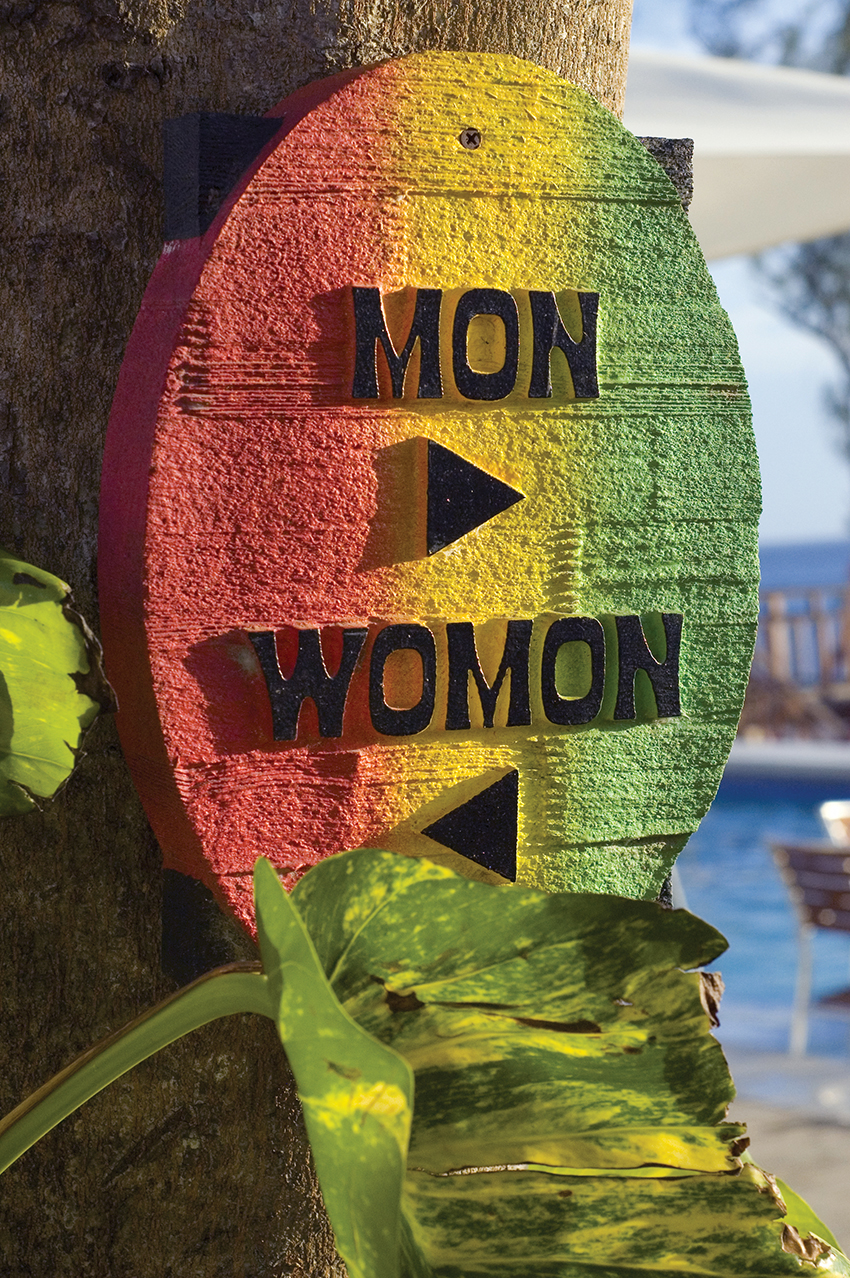
Security
Jamaica, like other countries in the world, has its fair share of crime.
It is always advisable to use the same common sense you would use at home.
Store valuables in safes and do not flaunt them in public. Avoid lonely streets or unfamiliar areas at night.
Jamaicans are very hospitable people and will always make an effort to help in case you need directions or assistance
Mosquitoes
Mosquitoes tend to be more prevalent at dawn and dusk.
To prevent mosquito bites, wear light-colored long pants and long-sleeved clothes, and use your mosquito repellent of choice.
Although cases are less common now and the illnesses are not life-threatening, the Zika, Dengue, and Chik-V viruses are carried by mosquitoes native to the region.
Symptoms include headache, fever, rash, and joint pain.
Pregnant women and people with compromised immune systems should take extra precautions to avoid being bitten as the symptoms can become more complicated.
ATMs
ATMs can be found in all major towns across the island.
Most are located inside banks but others might be found at gas stations, hotel lobbies, shopping plazas, and supermarkets.
Visa is the most widely accepted credit card on the island and can be used to withdraw Jamaican or US dollar funds at machines as necessary.
Emergency numbers
Police - 119
Fire - 110
Ambulance - 110
Hurricane Update - 116
General Information - 114
Approximate driving times (Jamaicans drive on the left)
Montego Bay to Kingston: three hours
Montego Bay to Ocho Rios: one hour & 40 minutes
Montego Bay to Negril: one and a half hours
Montego Bay to Treasure Beach: three hours
Montego Bay to Port Antonio: three hours and 40 minutes
© 2019 Jamaica Experiences All Rights Reserved





